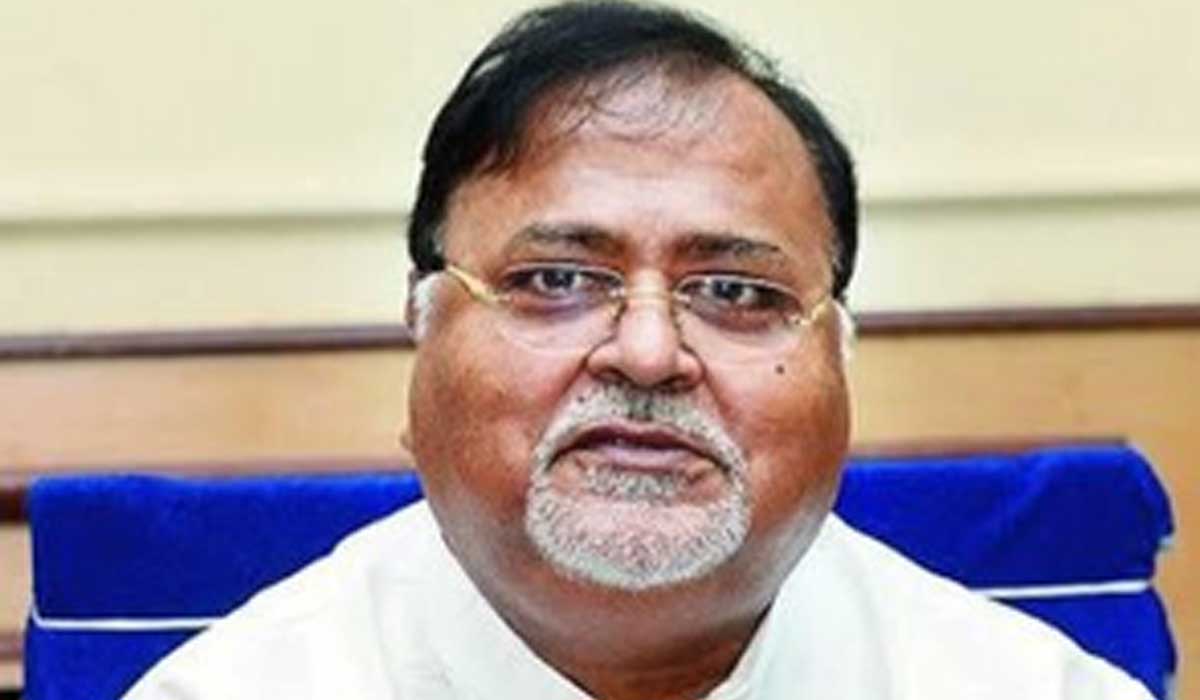New Delhi Supreme Court to Rule on Partha Chatterjee Bail Plea in Cash-for-School-Job Scam
New Delhi Supreme Court to Rule on Partha Chatterjee bail plea in the cash-for-school-job scam case. Stay updated on this high-profile case.

New Delhi Supreme Court to Rule on Partha Chatterjee of India is set to deliver its judgment on Friday, December 13, regarding the bail plea filed by former West Bengal Education Minister Partha Chatterjee. The plea pertains to the high-profile money laundering case linked to the alleged cash-for-school-job scam. A Bench headed by Justice Surya Kant will announce the decision, as per the causelist published on the Supreme Court’s official website.
New Delhi Supreme Court to Rule on Partha Chatterjee Background of the Case
The case, often referred to as the Bengal school jobs scam, involves allegations of jobs being offered to unqualified candidates in exchange for bribes. Partha Chatterjee, a senior Trinamool Congress leader and former minister, has been under judicial custody since his arrest in July 2022 by the Enforcement Directorate (ED).
Key Developments
- Initial Arrest and Investigation:
- The ED seized large amounts of cash and gold from properties linked to Arpita Mukherjee, a close aide of Chatterjee.
- Confiscations also included land plots and residential properties tied to Chatterjee and his associates.
- Calcutta High Court Proceedings:
- Partha Chatterjee’s bail plea was previously rejected by the Calcutta High Court.
- A recent split verdict saw Justice Arijit Bandopadhyay favoring bail, while Justice Apurba Sinha Roy opposed it.
- Chief Justice T.S. Sivagnanam directed the matter to a single-judge Bench for further review.
Arguments in the New Delhi Supreme Court to Rule on Partha Chatterjee
For the Defense
Senior advocate Mukul Rohtagi, representing Chatterjee, argued:
- Chatterjee has been in custody for over two years, with no significant progress in the trial.
- Other co-accused in the case have been granted bail.
- Continued detention violates Chatterjee’s fundamental rights.
For the Prosecution
The ED, represented by Additional Solicitor General S.V. Raju, opposed the bail plea, citing:
- The potential for Chatterjee to tamper with evidence or influence witnesses.
- The severity of corruption charges, with bribes exchanged for undeserved jobs.
Supreme Court Observations
During hearings, the Bench raised concerns over:
- The prolonged detention of Chatterjee.
- The slow pace of the trial process.
- The low conviction rate under the Prevention of Money Laundering Act (PMLA).
Justice Surya Kant remarked, “How long can we keep him behind bars? If ultimately, he is not convicted, what will happen?” These comments hinted at potential relief for Chatterjee.
What’s at Stake?
The case has significant political and legal implications:
- Political Ramifications:
- The case has cast a shadow on the Trinamool Congress and its governance in West Bengal.
- The recovery of vast sums of cash and gold has fueled public outrage and political debates.
- Legal Precedents:
- The judgment will set a precedent for future cases under the PMLA.
- It will address the balance between ensuring justice and upholding the rights of the accused.
Timeline of Events
| Date | Event |
|---|---|
| July 2022 | Partha Chatterjee arrested by the ED. |
| July 2022 | Seizure of cash, gold, and properties from Arpita Mukherjee’s residence. |
| October 1, 2024 | Supreme Court issued notice to the ED to respond to Chatterjee’s bail plea. |
| December 13, 2024 | Supreme Court scheduled to deliver its verdict. |
Possible Outcomes
- Bail Granted:
- Chatterjee may be released under stringent conditions.
- Political and legal ramifications for ongoing investigations.
- Bail Denied:
- Continued detention for Chatterjee, intensifying political challenges for his party.
- Potential acceleration of the trial process to avoid prolonged detention.
